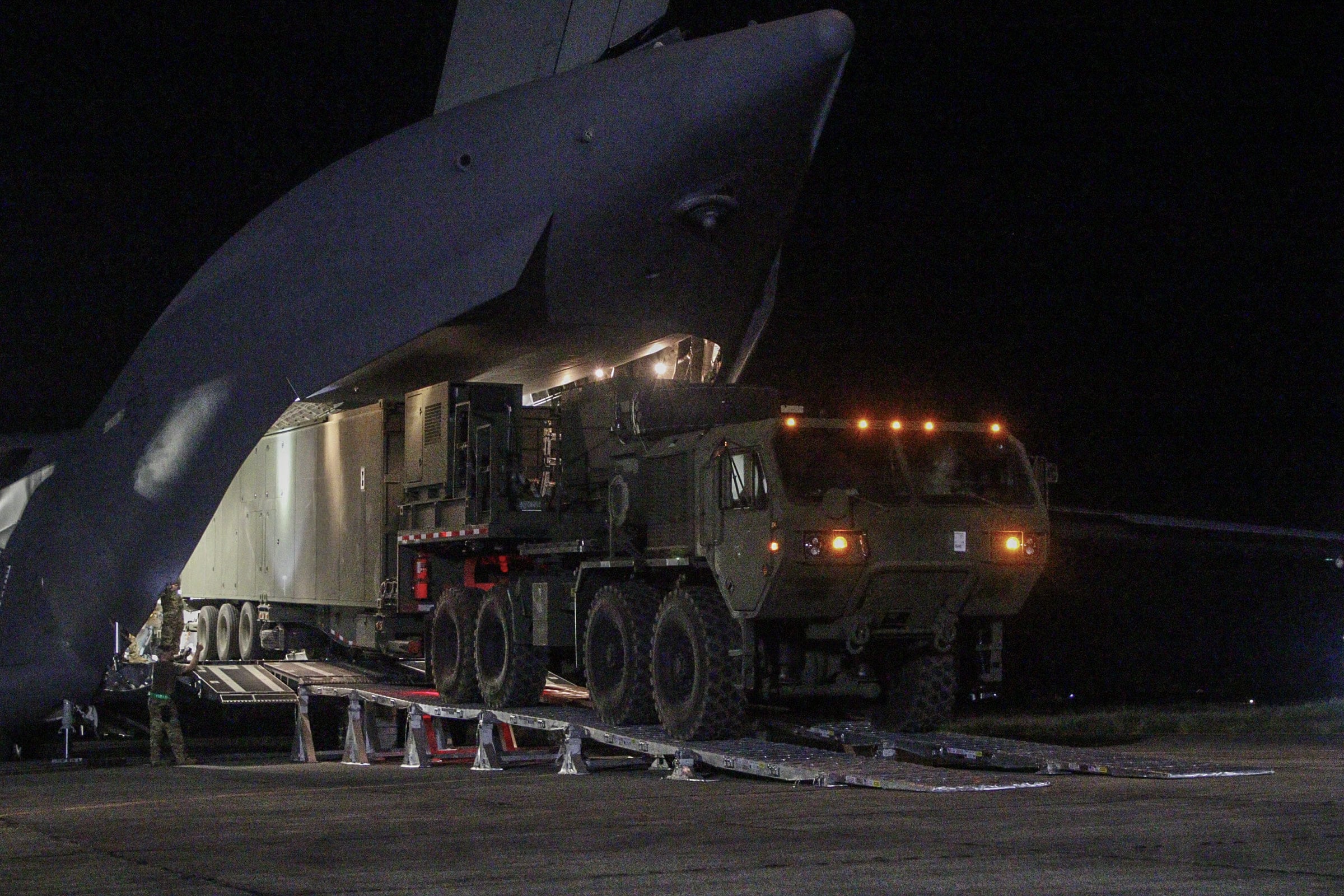"Instead of being thankful to the United States for these agreements, Iran is now feeling emboldened," he said. "As of today, we are officially putting Iran on notice."
The threat of attacks on warships or commercial shipping has defense officials thinking about stepping up U.S. military presence near war-torn Yemen, according to two defense officials briefed on developments.
On Tuesday, reports surfaced that the Houthi Rebels were actually targeting what they thought was a U.S. warship. In the video, voices can be heard saying "death to America; death to Israel. But one of the defense officials told Navy Times that any report that the rebels were targeting the U.S. is speculation.
The deadly attack, which was caught on film and posted to social media, took place near the strategically critical Bab-a-Mandab strait, an 18-mile-wide choke point for millions of barrels of oil that move every day from the Middle East to Europe. It is also the quickest route for the U.S. Navy to travel from Europe to the Central Command area of operations.
WATCH: Iran-backed Houthis attack Saudi ship off coast of Yemen https://t.co/Mtq0TQMJkE pic.twitter.com/ZCQMLdI2vT
— The Tower (@TheTowerDotOrg) January 31, 2017
The threat of attacks on warships or commercial shipping has defense officials thinking about stepping up U.S. military presence near war-torn Yemen, according to two Defense officials briefed on developments.
Still, the security of the sea lane has been an increasing concern for the Navy since the destroyer Mason came under attack in October, defense officials say. That attack led to U.S. strikes on rebel radar sites in Yemen just days later.
Experts say the new threats in the Bab-al-Mandab is putting the Navy in a situation familiar to the Army and Marine Corps in recent years: operating under the constant threat of attack.
"It makes the Navy very concerned, and it reminds them that ships are vulnerable," said Bryan Clark a retired commander and analyst with the Center for Strategic and Budgetary Assessments. "They are easy to identify and they operate in close proximity to threats. "It puts a premium on being able to defend yourself on very short notice.
The Navy has invested money in self-defense for years, however, and regularly trains to meet both small boats and missiles. The rising threat of attack in the Bab-al-Mandab is going to test whether those investments are going to pay off, Clark said.
For the crews of ships in the area, the threat means the rules of engagement are going to change, said Capt. Rick Hoffman, a retired cruiser skipper.
"Generally it means we will have a heightened alert posture, we will adjust the rules of engagements to where our trip-wires are further out," Hoffman said. "Our trip wires of maneuver, evasion, warning shots, and use of deadly force will be pushed out.
"Now we have to be careful because there is a lot of innocent shipping in that area so we need to makes sure we discover intent. ... Once we determine the intent is to harm us, we kill them as expeditiously as possible," Hoffman said.
For the Navy, the increasing threat is a reminder that if ships are not in the area regularly, things can get messy in a hurry.
"If you are not there, if you’re not stopping the weapons moving from Iran to the Houthis, this is what happens," said one Navy official who spoke on background. "There are real global and economic consequences to this."
David B. Larter was the naval warfare reporter for Defense News.





